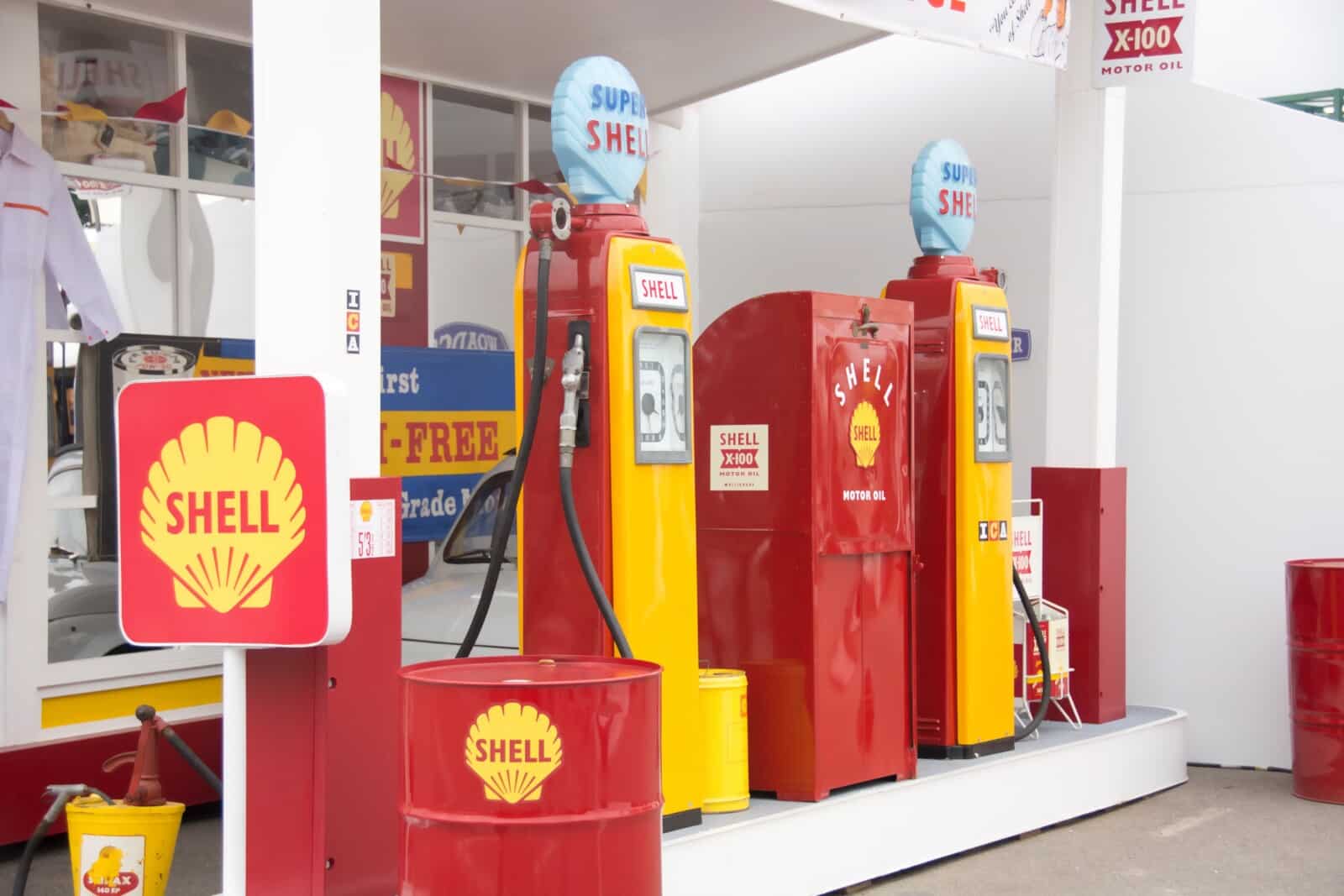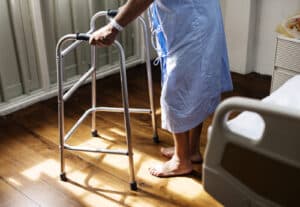At the onset of the coronavirus pandemic in 2020, Professor Paul Elkington and his colleagues at University Hospital Southampton quickly realised they would run out of personal protective equipment (PPE). Prof. Elkington and his team created the PeRSo – a personal, battery-powered respirator device – to combat the lack of PPE and the global shortage. It was priced at approximately £225 per unit, was reusable, and constructed with hepa (high-efficiency particulate absorbing) filters that sterilised incoming air. The PeRSo respirator had a positive impact on staff absences in Southampton and in sixteen other NHS hospitals.
Despite discussions with Dyson, Prof. Elkington and his colleague Prof. Hywel Morgan decided to make the design open source, publishing it online so that others could reproduce it in other nations. However, according to the Department of Health and Social Care’s accounts for 2020/21, £673 million worth of PPE purchased during the pandemic was deemed unusable, and £750 million worth of equipment was not used before its expiration date. To combat this issue, sustainability experts recommend reducing the use of gloves drastically, manufacturing PPE closer to home, and extending the use or reuse of items such as masks and gowns.
The gowns, aprons, surgeons’ drapes, and caps were designed by Revolution-ZERO, a reusable medical textile company founded in May of 2020 by former emergency medicine physician Dr. Tom Dawson. These are typically made of polyester or cotton and can be reused multiple times before being repurposed into other healthcare supplies. Prices range from £4 for masks and wraps to £50 for draping systems.
Welsh company Thermal Compaction Group has also developed a solution with machines that melt down used PPE plastic at temperatures exceeding 300 degrees Celsius, then compress and cool it to create solid blocks that can be sold to manufacturers for use in the production of new plastic products. Finally, Universities Hospitals Sussex and Great Ormond Street in London have implemented ‘gloves off’ initiatives to reduce the use of gloves and encourage handwashing instead, as research indicates that frequent use of non-sterile gloves can lead to poor hand hygiene and may even increase the spread of preventable infections.
At the onset of the coronavirus pandemic in 2020, Professor Paul Elkington and his colleagues at University Hospital Southampton observed a critical PPE shortage (PPE). To address this problem, they created the PeRSo respirator, a personal, battery-powered device with hepa (high-efficiency particulate absorbing) filters that sterilised incoming air, and made the design open source. This was implemented in seventeen NHS Trusts and had a positive impact on employee absences.
However, the Department of Health and Social Care’s 2020/21 accounts reveal that £673 million worth of PPE purchased during the pandemic was unusable, and £750 million worth of PPE expired unused. To reduce this waste, sustainability experts recommend a drastic reduction in the use of gloves and an increase in hand washing. In addition, they recommend producing PPE nearer to home and extending the use or reuse of items such as masks and gowns. This is where Revolution-ZERO comes in, a company founded in May 2020 by former emergency medicine physician Dr. Tom Dawson to produce reusable medical textiles. Their products range from £4 for masks and wraps to £50 for specialist draping systems and are designed to be repurposed into other healthcare items.
Thermal Compaction Group has also developed a solution with their machines that melt down used plastic PPE at temperatures exceeding 300°C, compress it, and cool it to create solid blocks that can be sold to manufacturers for use in the production of new plastic products. Finally, Universities Hospitals Sussex and Great Ormond Street in London have implemented “gloves off” initiatives to reduce the use of gloves and encourage handwashing instead, as research indicates that frequent use of non-sterile gloves can lead to poor hand hygiene and may even increase the spread of preventable infections.
In 2020, at the onset of the coronavirus pandemic, Prof. Paul Elkington of University Hospital Southampton was confronted with an urgent shortage of personal protective equipment (PPE). In response, he and his team created the PeRSo respirator, a personal, battery-powered device with hepa (high-efficiency particulate absorbing) filters that sterilised incoming air, and made the design open source so that others could replicate it in different countries. This was implemented in seventeen NHS Trusts and had a positive impact on employee absences.
However, the Department of Health and Social Care’s 2020/21 accounts reveal that £673 million worth of PPE purchased during the pandemic was unusable, and £750 million worth of PPE expired unused.

















